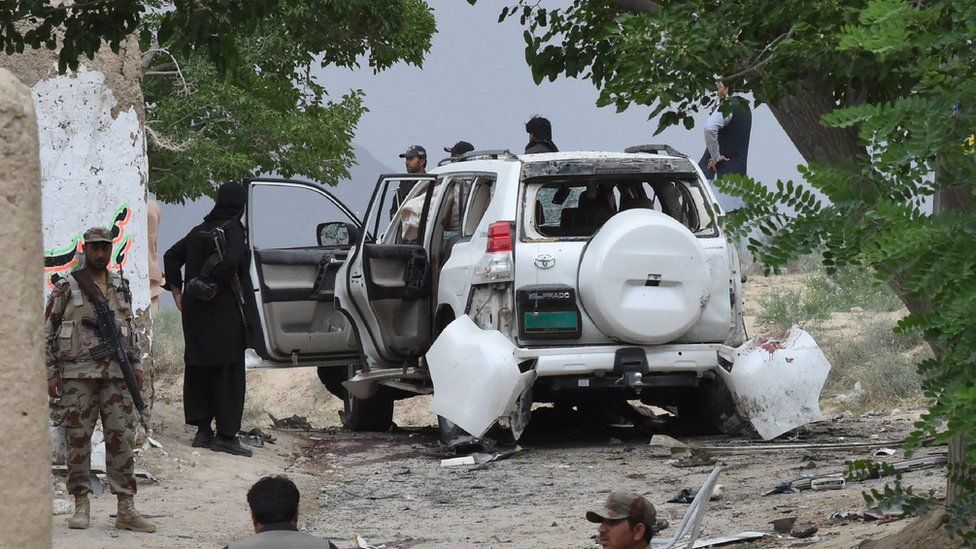A devastating wave of coordinated attacks by separatist militants in Pakistan’s Balochistan province has resulted in the deaths of at least 73 people, including civilians, security personnel, and militants. The assaults, which targeted police stations, railway lines, highways, and buses, are believed to be the most widespread in years, sparking concerns of a rapidly escalating insurgency.
According to officials, 14 soldiers and police, 21 militants, and 38 civilians were killed in the violence, which has left the region reeling. The chief minister of Balochistan, Sarfraz Bugti, described the attacks as a “well-thought-out plan to create anarchy in Pakistan,” highlighting the severity of the situation.
The deadliest attack occurred on a major highway, where armed men checked passengers’ IDs before shooting and torching vehicles, killing 23 people. Witnesses described the horrific scene, saying, “People were taken off buses and killed in front of their families.” Rail traffic with Quetta, the provincial capital, has been suspended following blasts on a rail bridge, and militants also struck a rail link to neighboring Iran, further disrupting regional connectivity.
Interior Minister Mohsin Naqvi condemned the attacks, stating, “These attacks are a well thought-out plan to create anarchy in Pakistan.” The Pakistani military has launched retaliatory operations against the militants, vowing to restore order and stability to the region.
The attacks are believed to be linked to the decades-long insurgency in Balochistan, where ethnic militants have been fighting for secession and greater control over the region’s rich natural resources. The province is home to major China-led projects, including a port and a gold and copper mine, which have been targeted by militants in the past.



